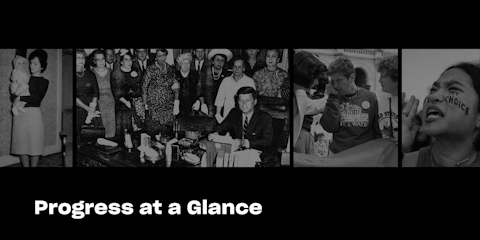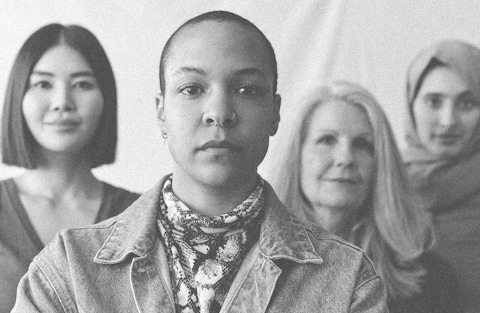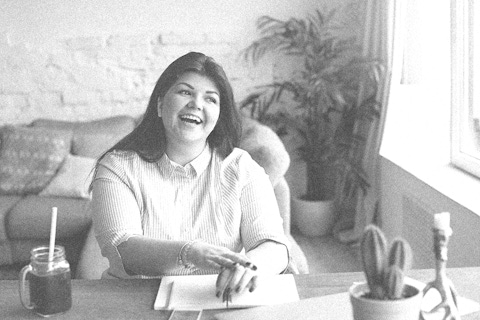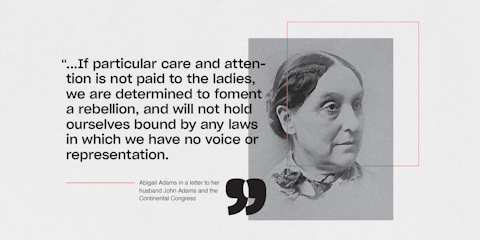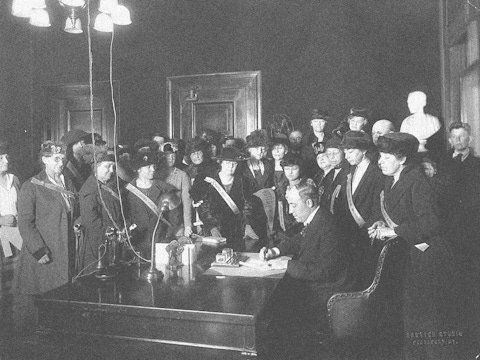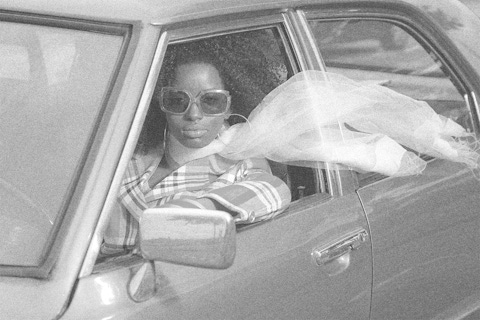1776: Abigail Adams sent a letter to her husband, John Adams, and the Continental Congress, as a private plea to “remember the ladies.”
1869: Wyoming, the 44th state to enter the union, becomes the first state to grant women the right to vote and hold office.
1916: Margaret Sanger opened the first birth control clinic, deemed illegal under the “Comstock Laws.”
1917: Jeannette Rankin of Montana is sworn in as the first female elected to Congress as a member of the House of Representatives.
1920: The ratification of the 19th Amendment is complete, giving women the right to vote.
1960: FDA approves the first commercially produced birth control pill in the world.
1961: Rules in Florida are upheld by the Supreme Court making it less likely that women are called for jury service because a “woman is still regarded as the center of home and family life.”
1963: JFK signs into law the Equal Pay Act.
1964: Johnson signs into law the Civil Rights Act.
1971: Supreme Court outlaws the practice of private employers refusing to hire women with preschool children.
1972: Title IX of Education Amendments is signed into law by Nixon.
1973: Roe v. Wade is decided, declaring a woman’s right to abortion.
1974: Women could obtain a credit card or loan without a male signature with the passing of the Equal Credit Opportunity Act.
2022: Roe v. Wade overturned by the U.S. Supreme Court.
Sources: History.com and NWHA
